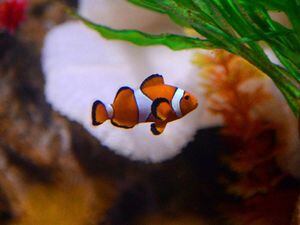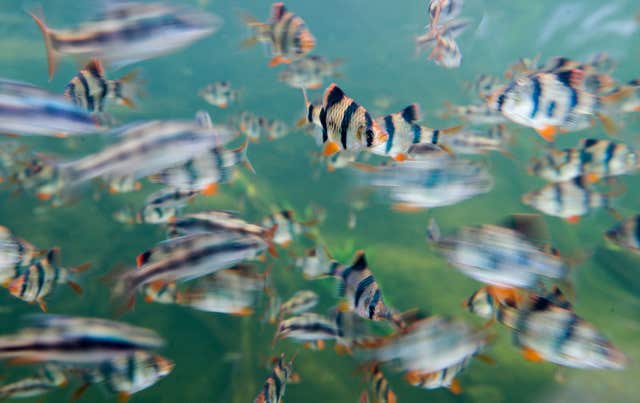‘Nemo effect’ of animal buying surge caused by films ‘not supported by evidence’
The links between consumer demand for wildlife and blockbuster movies are largely unfounded, researchers say.

Films like Finding Nemo, Harry Potter and Zootopia promote animal awareness, not harm, a new study suggests.
The links between consumer demand for wildlife and blockbuster movies are largely unfounded, researchers say.
Scientists from the University of Oxford looked into what became known as the “Nemo effect” after global reports indicated Finding Nemo had inspired a surge in clownfish purchases.
In a study published in the journal Ambio, they suggest exposure to these movies does not increase demand for live animals, but can instead drive information-seeking behaviour.
Lead researcher, Diogo Verissimo, from the department of zoology at Oxford, said: “We think these narratives are so compelling because they are based on a clear causal link that is plausible, relating to events that are high profile – Finding Dory was one of the highest grossing animated movies in history.
“My experience is that human behaviour is hard to influence, particularly at scale and it seemed unlikely that movies like Finding Nemo, Finding Dory and the Harry Potter series indeed generated spikes in demand for the species they feature.
“Our results suggest that the impact of movies is limited when it comes to the large-scale buying of animals.
“There is, however, a clear effect in terms of information-seeking which means that the media does play an important role in making wildlife and nature conservation more salient.”

Researchers looked at data on online search patterns, from the Google Trends platform, fish purchase data from a major US importer of ornamental fish and visitation data from 20 aquaria across the US.
The results indicated that by focusing on lesser-known species, high profile movies can actually bring attention to species that would normally not receive attention.
The scientists say it is hard to determine exactly how reports of “the Nemo effect” originated, but past research mentions articles in the UK, USA and Australia, published shortly after the release of the movie.
Films like Harry Potter and Zootopia were also said to have led to spikes in demand for certain species, according to the study.
In both cases separate studies found that these allegations were not supported by the evidence.
The scientists’ research suggests that there is no evidence the “Nemo effect” is real.





